It is tempting to initiate a marketing strategy without developing buyer personas, however the likelihood is you will miss valuable opportunities to speak directly to your target audience. In fact, personas are an integral part of any marketing strategy because they serve as reference points to your marketing objectives. They are bridges between your goals and your prospective parents as they offer essential information that affect every step of your marketing strategy. Without personas, you are more likely to revert to creating content around what you know best instead of what your prospective parents are actively seeking.
Here, how your school will benefit from using personas:
- You can develop a prospect-centric marketing strategy
A well-crafted persona can help you develop a marketing strategy that perfectly serves the needs and wants of your prospective parents. By keeping personas in mind, you will be able to identify who your prospective parents are, what issues matter to them, what they want to learn, and how you can reach out to them. Additionally, you are able to create a personalised marketing strategy for your prospective parents, which has been proven many times as a very effective strategy. - There’s a bigger chance to get better prospective parents and develop loyal advocates
Once you grasp how your prospective parents look and behave with the help of personas, your marketing strategy can be fine-tuned to attract the right people. Eventually, you will find members who will connect to other members, as they start sharing interests, aligning objectives, and building a community. They can become your advocates, who can help you attract more prospective parents. - You’ll be everywhere in the eyes of your prospective parents
Once you know the background of each of your personas, this insight will help you gain a better understanding when your prospective parents go online, where they go to get their information, and which social networks they use to connect with family and friends. You will be able to appear at the right place, time, and frequency, rendering you everywhere in the mind of your prospective parents. - You can have a more deliberate and consistent marketing strategy
Since you have the persona as a reference point, you can craft a more consistent marketing strategy. All of your campaigns will be directed to the same objective and your activities will appear more consistent to your target prospective parents. With persona-based marketing, your brand messaging will be consistent yet flexible. - Everyone on your team will be on the same page
With the personas as reference points, everyone on your staff will target the same type of prospective parents. By focusing on the same target persona, you will improve the efficiency of your marketing strategy. For example, if your team references one person, you will know exactly which prospective parent group they are talking about. Personas can create a consistent and specific understanding of your prospective parents, and this can empower your staff, allowing better communication and stronger trust within your school. - You can optimise your analytics and workflow
Once you’ve identified the proper personas, your marketing and sales teams can refine their methods to lead the right people to your school. They can identify the behaviors that need to be gauged through analytics in order to determine how successful your marketing strategy can get. Additionally, your teams can adjust their methods as they go; they will spend more time on ideal prospective parents and less time for those who won’t stick around for long. - You can improve your program development
Aside from helping get better leads and prospective parents, personas can help you work with your prospective parents so that you can develop better programs and services. Personas can serve as guides to unveil your prospective parents’ pain points and they can help you focus more on your prospect needs rather than your personal preferences during program development. You’ll be more likely to develop a better relationship with your prospective parents if your programs and services grow and change with them.







